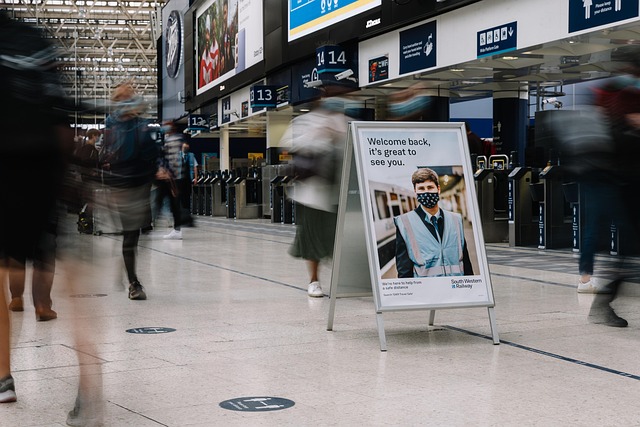In the competitive restaurant industry, AI chatbot integrations with platforms like OpenTable are transforming reservation and table management. These chatbots leverage natural language processing for seamless customer interactions, 24/7 availability, and task automation. They reduce staff workload, enhance satisfaction, optimize operations, and increase revenue by handling routine booking, engagement, and demand prediction tasks. However, challenges include developing robust models, ensuring data security, and providing human backup for complex requests. AI also predicts peak periods and optimizes table allocation based on occupancy, group size, and preferences, minimizing wait times and maximizing revenue.
“Discover how Artificial Intelligence (AI) is transforming business operations, especially within the hospitality industry. This article explores the power of AI chatbot integrations on platforms like OpenTable in enhancing restaurant management. We delve into three key areas: improving reservation systems through AI chatbots, automating customer interactions, and optimizing table management and staff allocation. By leveraging these AI business solutions, establishments can achieve unparalleled efficiency, better customer experiences, and cost savings.”
- Enhancing Restaurant Reservations: How AI Chatbots on OpenTable Boost Operational Efficiency
- Automating Customer Interactions: Benefits and Challenges of AI Chatbot Integration
- Streamlining Operations: AI's Role in Optimizing Table Management and Staff Allocation
Enhancing Restaurant Reservations: How AI Chatbots on OpenTable Boost Operational Efficiency

In the competitive restaurant industry, efficient reservation management is key to operational success. This is where AI chatbot integrations with platforms like OpenTable play a pivotal role. By leveraging advanced natural language processing, these chatbots streamline the reservation process, offering customers a seamless and user-friendly experience. They can instantly answer common queries, such as available time slots, menu information, and even special requests, thereby reducing the workload on restaurant staff.
For instance, OpenTable’s AI chatbot ensures that potential diners receive prompt responses to their inquiries, 24/7. This not only enhances customer satisfaction but also allows staff to focus on more complex tasks. With AI handling routine tasks, restaurants can optimize their operations, improve table turnover rates, and ultimately increase revenue.
Automating Customer Interactions: Benefits and Challenges of AI Chatbot Integration

Automating Customer Interactions with AI Chatbots offers significant advantages for businesses, especially in the hospitality industry. Integrating AI chatbots like those powered by OpenTable can streamline booking processes, providing 24/7 availability and instant responses to customer inquiries. This enhances customer satisfaction and allows human agents to focus on more complex issues, optimizing resource allocation.
However, challenges exist. Ensuring accurate and contextually appropriate responses requires sophisticated AI models, which can be costly to develop and maintain. Data privacy concerns, especially with sensitive customer information, must be addressed to build trust. Additionally, while chatbots excel at routine tasks, they may struggle with handling unique or nuanced requests, highlighting the need for human intervention as a backup system.
Streamlining Operations: AI's Role in Optimizing Table Management and Staff Allocation

In today’s competitive restaurant industry, efficient table management and optimal staff allocation are key to enhancing operational efficiency. This is where AI chatbot integrations with platforms like OpenTable come into play. By leveraging advanced algorithms, these AI chatbots can automate tasks such as booking management, customer engagement, and even predicting demand patterns. This not only reduces the administrative burden on staff but also allows for more accurate scheduling and improved service quality.
Furthermore, AI can analyze historical data to optimize table allocation based on expected occupancy rates, group sizes, and dining preferences. This ensures that tables are utilized efficiently throughout the day, minimizing wait times and maximizing revenue. Staff allocation is also streamlined, as AI can predict peak periods and recommend staffing levels accordingly, ensuring adequate coverage during busy hours without overstaffing during quieter times.
AI chatbots, particularly their seamless integration with platforms like OpenTable, are revolutionizing business operations. From enhancing reservation management to automating customer interactions, these tools significantly improve efficiency. By streamlining table allocation and staff scheduling, AI chatbots not only optimize day-to-day functions but also contribute to overall cost reduction and enhanced customer experiences. As AI chatbot integrations continue to evolve, businesses can leverage these technologies to stay competitive in today’s digital landscape.
